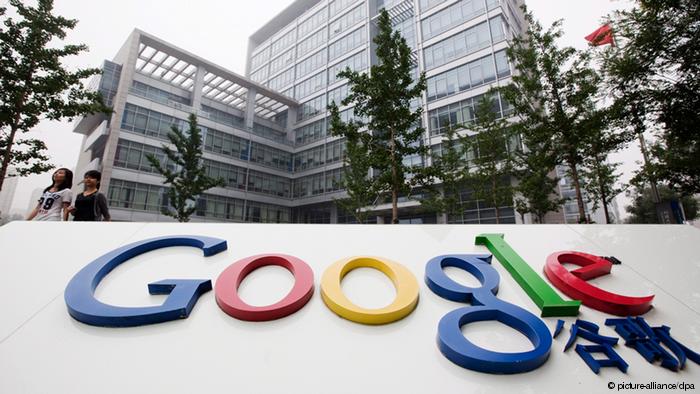Google Confirms Project Dragonfly
September 28, 2018 | Expert Insights

After months of speculation about a search service specifically for China, Google has confirmed that this service – Project Dragonfly – has been developed, alarming the public and its employees about the extensive intrusion into data privacy and censorship it would cause.
Background
Google China is a subsidiary of Google. Once popular, most services offered by Google China were blocked by the Great Firewall in the People's Republic of China. In 2010, searching via all Google search sites, including Google Mobile, were moved from mainland China to Hong Kong.By November 2013 its search market share had declined to 1.7% from its August 2009 level of 36.2%. On 1 August 2016, Google China moved its headquarters from Tsinghua Science Park to Rongke Information Center.
Google China serves a market of mainland Chinese Internet users that was estimated in July 2009 to number 338 million, up from 45.8 million in June 2002.A China Internet Network Information Center (CNNIC) report published in 2001, had estimated the mainland Chinese Internet user base at 22.5 million, considerably higher than the number published by Iamasia, a private Internet ratings company. The first CNNIC report estimated the number of Chinese Internet users at fewer than 650 thousand people.
Internet censorship in China is among the most extensive in the world due to a wide variety of laws and administrative regulations. The government of China has created more than sixty Internet regulations, which have been implemented by provincial branches of state-owned ISPs, companies, and organizations. Amnesty International notes that China "has the largest recorded number of imprisoned journalists and cyber-dissidents in the world." Paris-based Reporters Without Borders stated, in 2010 and 2012, that "China is the world's biggest prison for netizens.
Read more of our Google China coverage here and here.
Analysis
Google has been looking for a way to re-launch its search services in China since being blocked from the country. It recently came up with the Project Dragonfly initiative, which would allow Google to reenter the country while providing search services. However, in order to do so, the new service would have to comply with China’s strict censorship laws. When Google first withdrew from China, it cited its refusal to compromise on its censorship policies. However, after years of being locked out of one of the world’s biggest markets, it is now considering relaxing that hard stance.
Since first hearing about Project Dragonfly, Google has received flak for it both externally and internally. Hundreds of employees of Alphabet – Google’s parent company – have protested the project, which would require Google to cooperate with the Chinese Government and give them access to individual data. Dozens of external group have joined this protest, including Amnesty International, Human Rights Watch and the Committee to Protect Journalists. However, Google has failed to adequately address these concerns, both with the public and with its employees.
At a public hearing with the U.S. Senate Commerce Committee, Google’s Chief Privacy Officer, Keith Enright, confirmed the existence of the search service and the company’s development of it. He indicated its launch is not imminent as it is not yet at completion but remained vague about its potential scope and capitulation to the Chinese censorship policies. With its employees, Google took a stronger stance and instead of addressing their concerns, chose to penalize employees who were sharing this information.
Assessment
Our assessment is that profitability alone should not be the key consideration for the launch of Project Dragonfly, but rather Google should consider the moral crises they will unleash by caving in to China’s harsh censorship laws. We feel that Google’s reiterated statements about its commitment to privacy are unlikely to sway the public if they launch this service in China and become complicit in the Chinese Government’s suppression of the freedom of speech. As Google tries to allay concerns of the public and its employees, it will need to take tangible steps to ensure data privacy and renew its promise to value to data privacy.








Comments